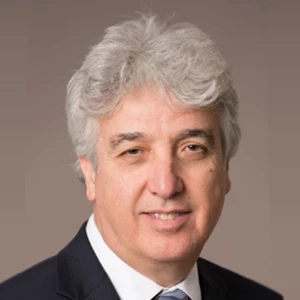Recent developments in oil markets have led to intensive debates about OPEC’s viability and its role in the global crude oil market. OPEC, which was founded in 1960 to “coordinate and unify petroleum policies among member states”, currently accounts for about 40 percent of global crude oil production. At present, the organization has 12 active member countries: Iran, Iraq, Kuwait, Saudi Arabia, Venezuela, Qatar, Libya, United Arab Emirates, Algeria, Nigeria, Ecuador, and Angola. OPEC began playing an important role following its decision to impose an embargo on oil exports in 1973, which resulted in a quadrupling of oil prices in 1973/74 and was also instrumental in a tripling of prices in 1978/79. Efficiency gains and new oil suppliers, along with disagreements among various OPEC members (especially during the Iran-Iraq war in the 1980s and First Gulf War in the 1990-91), reduced the cartel’s role. It began intervening again following the Asian financial crisis in 1997, when oil prices dropped to less than $10/bbl, by setting targets within price bands.
Read the complete blog post
Read the complete blog post


Join the Conversation